Premier League: VAR process lets us down again
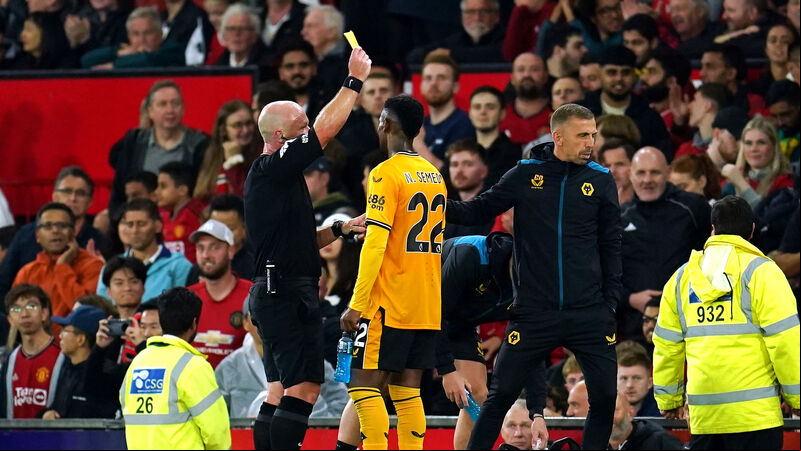
Wolverhampton Wanderers manager Gary O'Neil (right) is shown a yellow card by referee Simon Hooper (left) during the Premier League match at Old Trafford, Manchester.
THE Premier League season was no more than a weekend old before we got our first VAR controversy.
In Monday night’s league opener at Old Trafford, Manchester United were precariously hanging on to a one-goal lead against a resurgent Wolves, with the game ticking over into the seventh minute of added time, when an innocuous floated into the United box saw the home goalkeeper, André Onana, recklessly storm off his line and leap into the air in an attempt to claim the dropping ball. Unfortunately, he missed the ball as he thundered into Wolves forward Sasa Kalajdzic, wiping the Austrian out, even before the striker attempted to go for the ball.
Even though the VAR officials checked the incident, they deemed that it was not a penalty and not even worthy of referee Simon Hooper taking a look at the incident again on the sideline monitor.
The incensed Wolves bench made their disagreement with the decision clear, resulting in Wolves’ boss Gary O’Neil picking up a booking and United being awarded a free-out despite it being an obvious infringement by them.
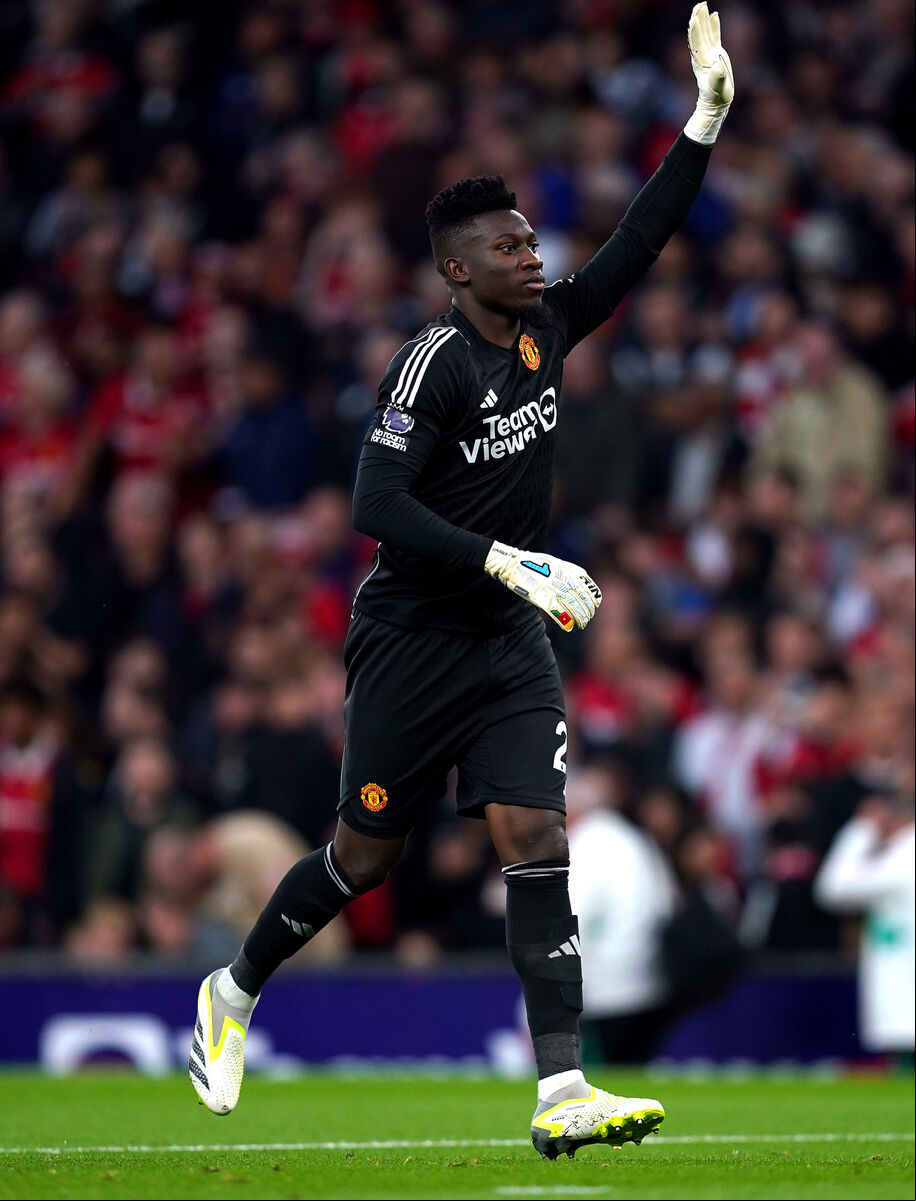
A new season same old VAR. ‘Plus ça change Rodney’, as Derek Trotter might utter.
The obvious injustice of the decision saw the chief of referees, Howard Webb of the PGMOL (Professional Game Match Officials Limited), apologise the next day to Wolves in the wake of the error at Old Trafford. And the fallout from the mistake saw the referee Simon Hooper, VAR Michael Salisbury and assistant VAR Richard West dropped from officiating any games this weekend. The VAR version of the naughty step it seems.
It was the most egregious of the VAR decisions made over the weekend but a couple of video decisions in the other games raised an eyebrow or two as well. Not least the overturning of Mo Salah’s goal to put Liverpool two up against Chelsea at Stamford Bridge. Again the VAR deciding that a fraction of Salah’s arm (which he can’t use to score) was marginally ahead of the last defender putting the Egyptian offside. But at least you could can argue the finer points of the offside rule and where it begins and ends. The merits of blatantly taking out a player by a defender or goalkeeper should not be up for debate.

And it’s not like the head of the PGMOL apologising is a rare event for extraordinary lapses of decisions by a VAR. Indeed, Mr Webb made no less than 10 apologies to Premier League teams last season alone. , VAR was envisaged as way of removing human errors from the decision-making process. 10 acts of contrition indicates that a lot of human error still exists despite the technology’s introduction.
Some of last season's VAR errors were played out at critical periods in the campaign and may have played a role in the season outcome, at least hitting morale badly. And last season’s second-placed side, Arsenal seemed to be hit harder than most.
In September of 2022 against Man United, Gabriel Martinelli’s goal for Arsenal was chalked off after Martin Odegaard was deemed to have fouled Christian Eriksen in the build-up. He didn't. United won 3-1 and it dealt the Gunners’ title aspirations an early, yet serious, blow.
But that was nothing to the injustice to the Gunners faced in February of 2023 against Brentford, when the north London side was still desperately holding on to their points lead in the Premier League table over City.
On this day, VAR official Lee Mason checked the offside situation before awarding a late equaliser to Brentford — it just so happened that Mason drew the wrong line to the last defender checking the wrong player, thus marking Ivan Toney on-side for the goal and leaving Arsenal incensed. The game ended 1-1, and Arsenal lost their five-point lead over City at a very critical stage in the season. Who knows what effect that had on the side’s morale and confidence of winning the title? But it was all downhill for the Gunners after that.
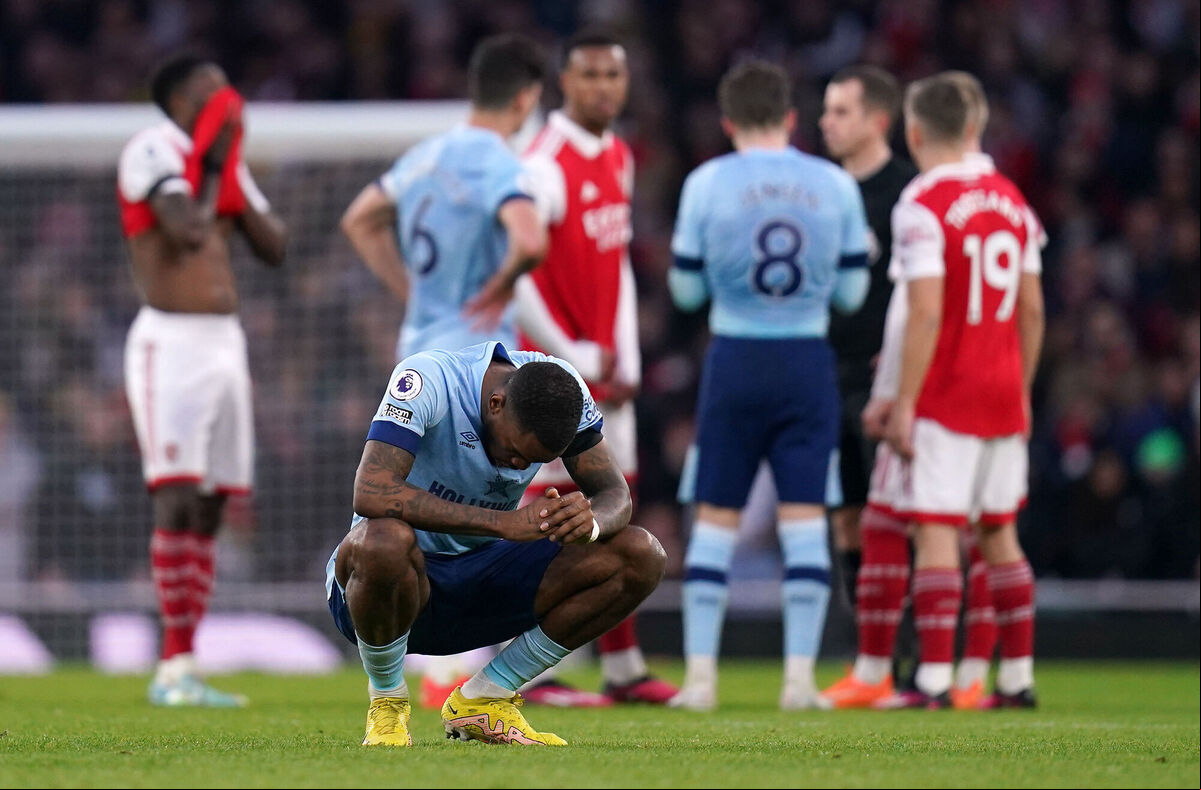
These and the eight other apologies from wrong VAR decisions raises the point of having the technology at all. Former Man United keeper Peter Schmeichel made a good point in an interview yesterday that the interference and delay VAR brings to game is not worth it if it gets fundamental decisions like the one in Old Trafford wrong.
Again, it must be pointed out that there is nothing wrong with the VAR technology, it’s the interpretation of that tech by humans is where the process falls down. Maybe we will need to wait for the development of an AI version of the VAR to limit our human liability in the judgement process.
For now, Wolves will have to accept an apology, which may not cut it if they miss out avoiding relegation by a point come May of next year.
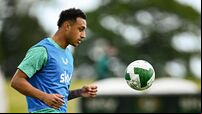





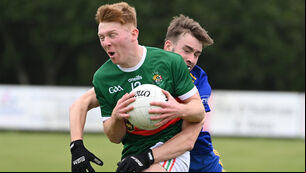



 App?
App?







